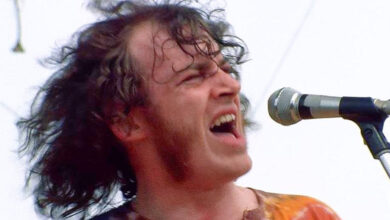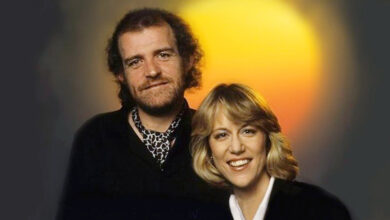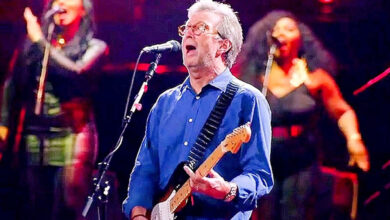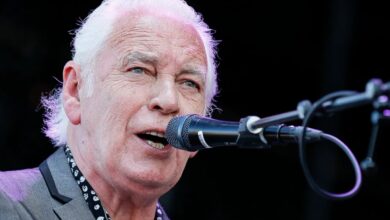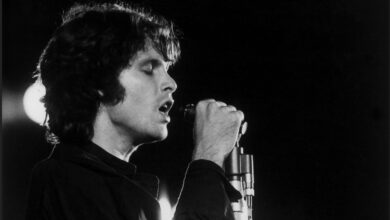Queen’s Iconic Live Aid 1985 Show: Enjoy the Moment with No Phones, No Cameras
Queen’s performance at Live Aid on July 13, 1985, stands as a pivotal moment not just in the band’s career, but in the annals of rock history itself. Taking the stage at Wembley Stadium in London, amidst the monumental dual-venue benefit concert organized to raise funds for the Ethiopian famine, Queen delivered a performance that would resonate through the ages.
Under the charismatic leadership of Freddie Mercury, the band embarked on a musical journey that transcended mere entertainment, becoming a masterclass in live performance artistry. With a global audience estimated at 1.9 billion across 150 nations, Queen’s set became an iconic spectacle, showcasing their unparalleled ability to connect with audiences on a grand scale.
From the hauntingly beautiful “Bohemian Rhapsody” to the anthemic “We Are the Champions,” Queen’s setlist was a carefully curated selection of their greatest hits, each performed with a level of energy and precision that captivated both the 72,000-strong crowd at Wembley and the millions tuning in worldwide.
The synergy among band members Freddie Mercury, Brian May, Roger Taylor, and John Deacon was palpable, with each musician’s contribution adding layers of depth and richness to the performance. Mercury, with his magnetic stage presence and dynamic vocal delivery, was the undeniable focal point, effortlessly commanding the attention of every soul in attendance.
As Mercury led the crowd in the iconic “Ay-Oh” vocal improvisation during “Radio Ga Ga,” it was a moment of pure communion between artist and audience, a testament to his unique ability to engage and energize the masses. Brian May’s soaring guitar solos, Roger Taylor’s thunderous drumming, and John Deacon’s solid bass lines provided the perfect backdrop for Mercury’s virtuoso performance, creating a sonic tapestry that was as exhilarating as it was awe-inspiring.
But beyond the music, Queen’s Live Aid performance symbolized something greater – a celebration of unity, resilience, and the power of music to transcend boundaries and bring people together. It was a performance that not only revitalized the band’s career but also left an indelible mark on the collective consciousness of a generation.
Freddie Mercury, born Farrokh Bulsara, was more than just a singer – he was a cultural icon, a trailblazer who shattered stereotypes and redefined the parameters of what it meant to be a rock star. With his flamboyant stage persona and four-octave vocal range, Mercury was a force of nature, a larger-than-life figure whose influence extended far beyond the realm of music.
His songwriting prowess, evident in hits like “Somebody to Love” and “Don’t Stop Me Now,” showcased his ability to blend diverse musical styles with lyrical poignancy, creating timeless classics that continue to resonate with audiences today. And while his untimely death in 1991 may have silenced his voice, his legacy lives on, immortalized in performances like Live Aid that continue to inspire and captivate audiences across the globe.
